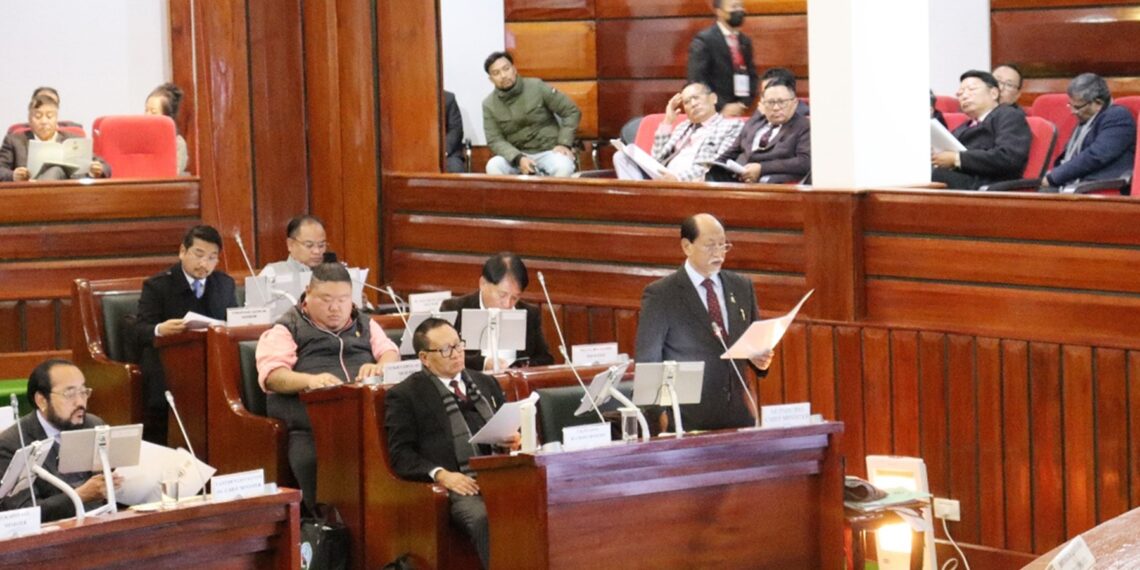KOHIMA: Nagaland became the second state in the Northeast, sharing a border with Myanmar, to pass a resolution against the Centre’s move to fence the 1643-km-long international border and scrap the Free Movement Regime (FMR) with the neighbouring country.
In its stance against the Centre’s recent move, Chief Minister Neiphiu Rio, on Friday, the concluding day of the budget session, announced the formal adoption of the resolution.
Yanthungo Patton, BJP legislature party leader and Deputy Chief Minister, assured the state cabinet’s decision to appeal to the Centre for reconsideration of the FMR suspension.
He stressed on the necessity of involving village councils in regulating cross-border movement to better address local concerns.
Expressing solidarity with these sentiments, all participating legislators advocated for the adoption of a resolution to convey Nagaland government’s stance to the Centre.
ALSO READ Mizoram passes resolution against Centre’s scrapping of FMR with Myanmar
During the deliberations, Achumbemo Kikon of the Naga People’s Front (NPF) stressed on the historical and cultural significance of the Naga people, urging resistance against actions that could further divide the community across geopolitical boundaries.
Janata Dall United’s (JDU) lone legislator, Jwenga Seb, echoed concerns over the lack of public consultation and potential adverse effects on border communities’ livelihoods and ancestral lands.
Deputy Chief Minister TR Zeliang underscored the importance of a comprehensive approach to border management, cautioning against one-sided decisions that could aggravate divisions and disrupt socio-economic ties in border regions.
Chief Minister Rio had been vocal about his government’s opposition to the Centre’s move. Earlier on February 9, during a press meet, he had stressed on the need of a collective decision in consultation with various stakeholders, including local chieftains.
Just days, after the Centre’s announcement to shield the border, a Naga chieftain of Longwa village in Mon district had made a strong appeal against New Delhi’s decision.
He had urged that the fencing and abolition of FMR would disrupt the social and cultural fabric of border communities, highlighting the unique case of Longwa village, which straddles both India and Myanmar, with its picturesque landscape extending across both territories.















